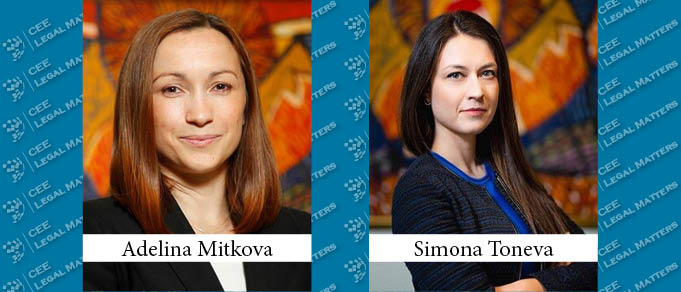In recent years, as a result of the global political and economic environment and the consequences of the Covid-19 pandemic, the e-commerce has become a preferred method for trading goods and services for both businesses and consumers. More and more online trading platforms are emerging, where platform operators connect sellers and buyers using different business models and payment mechanisms.
In connection with the operation of these platforms, an important question pops out, namely whether there is a risk that a platform is considered as one providing payment services. If this is the case, it may be necessary for the platform operator to get a license as a payment institution.
The issue has been also discussed at EU level and has been addressed in Directive (EU) 2015/2366 of the European Parliament and of the Council of 25 November 2015 on payment services in the internal market (PSD2), the provisions of which have been transposed into Bulgarian law in The Payment Services and Payment Systems Act (PSPSA).
One of the aims of PSD2 is to improve existing EU rules on e- payments by protecting payment service users, including when using more innovative payment services, such as payments via various platforms on the Internet and through mobile applications. Recital 11 of PSD2 emphasizes that certain e-commerce platforms may fall within the scope of the regulation, respectively Bulgarian operators of such platforms must as a rule obtain licenses for payment service providers from the Bulgarian National Bank before starting their activities. The Bulgarian National Bank has not yet ruled on the issue, but some European regulators expressed their view that platforms that connect sellers and buyers, support the sales and, as part of the process, manage payments, provide payment services and fall within the rules.
PSD2 and respectively PSPSA introduce various exceptions from the scope, which could be applied to the activity of e-commerce platforms.
Such is, for example, the exception under art. 2, para. 1, item 2 of the PSPSA, according to which outside the scope of the regulation are payment operations performed by the payer to the payee through a commercial agent, who is authorized via contract only on behalf of the payer or only on behalf of the payee to negotiate or to enter into a contract for the purchase and sale of goods or for the provision of services. This means that the platform could benefit from the exception and avoid the need to be licensed as a payment institution if it acts as a commercial agent of only one of the parties to the sale. For the application of this exception, it is irrelevant whether the commercial agent enters into possession or exercises control over the funds for the sale.
A number of questions arise in relation to the application of the exceptions, that are not explicitly regulated by law, respectively there are difficulties in the application of the rules in practice. For example, in which case will the platform be considered as acting as a commercial agent for only one of the parties and in which case will it act on behalf of both parties to the sale. It is also not clear how the requirement to not "enter into possession or control of funds" should be interpreted. For example, if the operator of the platform receives the price for the goods / services in his/her bank account as a proxy of the sellers in order to withhold a commission for the intermediary service, is it considered that the operator possesses or controls the funds or not? These and other issues should be analyzed in the light of the business model chosen by the platform, the payment mechanism and the relationship between the operator and the users of the respective platform.
In view of the above, and given the risk of penalties for breaches of the payment legislation, before a platform starts operating, it is advisable to analyze the business model, to assess whether the operator provides payment services within the meaning of PSD2 and PSPSA, respectively whether a license as a payment institution is necessary; whether any of the provided exceptions can be used or if it is more appropriate to look for an alternative approach.
By Adelina Mitkova, Managing Associate, and Simona Toneva, Associate, Deloitte Legal

